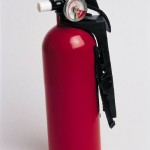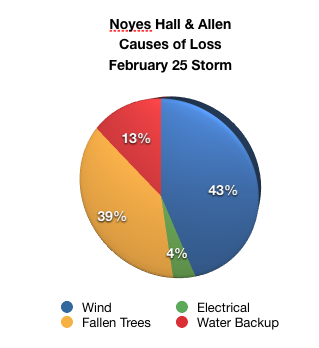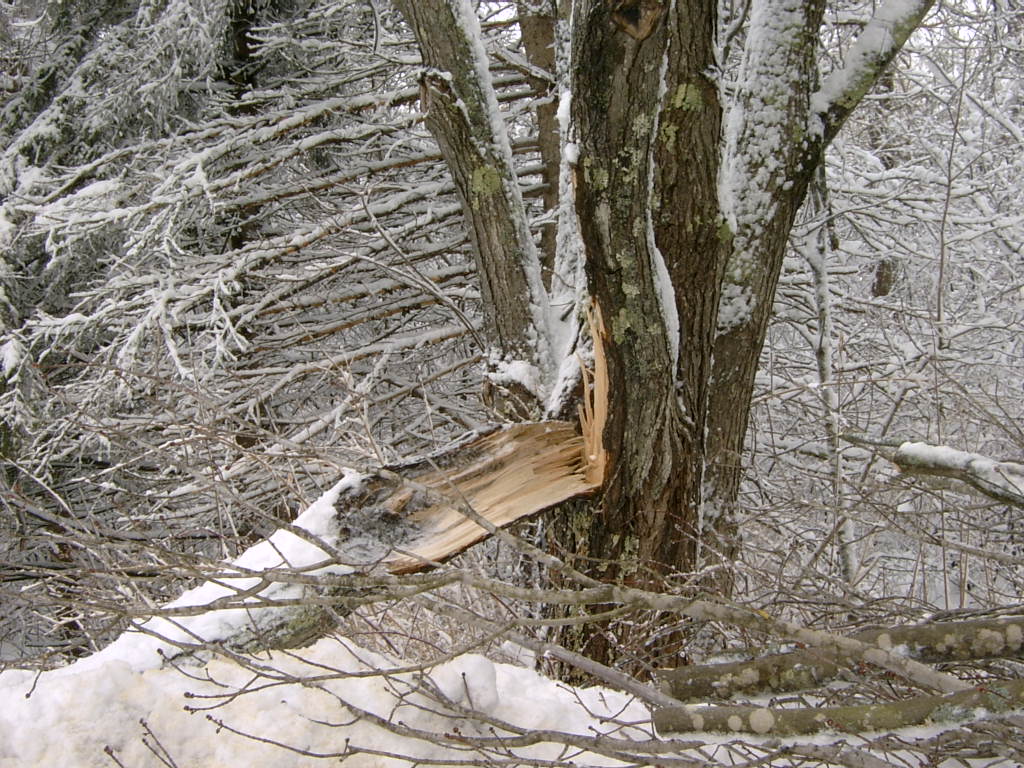As a Maine insurance agency, our clients often ask whether they should have their bank or mortgage company pay their homeowners insurance, or whether they should pay it themselves.
Often, lenders give you no choice; they insist on escrowing property taxes and insurance – especially if you’re a first-time homebuyer, or your credit rating is close to their eligibility threshold. The “golden rule” applies: the one with the gold makes the rules. If you want to borrow from them, you’ll escrow.
But if you’re an established homeowner, have a very good credit score, or are an especially desirable credit risk, you can ask to pay your own insurance or taxes.
How Escrow Works
Lenders collect some money at closing to seed your escrow account – commonly, 3-4 months of taxes and insurance. That way, they always have YOUR money to pay the bills when they arrive, instead of theirs. Part of your monthly mortgage payment goes to your escrow account. You pay 1/12 of your property taxes and homeowners insurance premium each month. By Maine Law, your lender must pay you interest on the balance in your escrow account.
Escrowing Your Insurance is a Good Idea if:
- You’re not good at budgeting money for big payments.
- You’re not good at paying bills on time.
- You want to spread your payments over 12 months, without billing charges.
- You don’t mind the bank holding onto hundreds to thousands of your dollars.
- You don’t make lots of changes to your homeowners policy.
Problems with Escrow
Escrow works pretty well, as long as things don’t change. The most common problems occur when:
- Your bank sells your mortgage, and no one tells your insurance company.
- Your bank changes its address, and your policy is not updated.
- Your bank loses/never gets/doesn’t pay your insurance premium, and your policy cancels.
To be fair, the first two would be problems even if you didn’t escrow. The bank wouldn’t get their copy of your policy, and soon you’d get a nasty note, saying that they need a copy of your insurance policy. But at least your policy would still be in force. That’s not the case if #3 happens.
The Bottom Line
If you’re financially disciplined and business-savvy – or just a control freak (you know who you are), you probably want to pay your own insurance premiums – unless your bank forces you to escrow. After all, once you pay off your mortgage – and you will someday – you’ll pay the premiums and taxes yourself anyway. Why not get used to it now?
If you have questions about escrowing or buying home insurance in southern Maine, call Noyes Hall & Allen Insurance at 207-799-5541.




